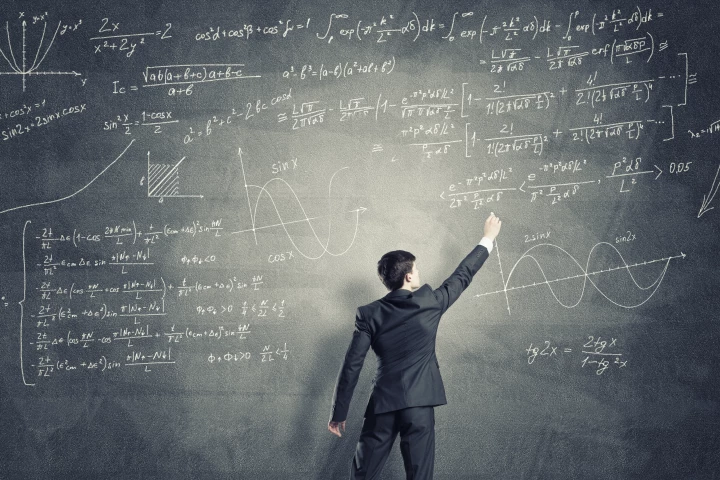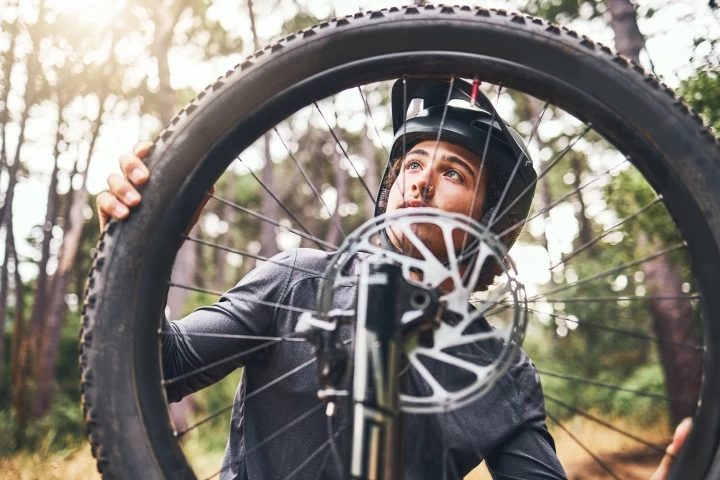University of New South Wales
-
To find the right mix of metals for their green ammonia catalyst, scientists turned to AI. The result was a breakthrough that makes their technique of producing ammonia from air and water more efficient and much more accessible.
-
In the ongoing search to find an intervention that does away with opioids, a new game-based system has shown huge promise in tackling chronic neuropathic pain. Using a game and a headset, it "trains" patients to rewire brain signals to relieve pain.
-
What if the key to reducing your chronic pain was not in tackling the symptoms, but in regulating your emotions? A study shows that retraining your brain to deescalate negative emotions could be an effective therapy for persistent pain.
-
New research details an intriguing new way to solve "unsolvable" algebra problems that go beyond the fourth degree – something that has generally been deemed impossible using traditional methods for two centuries, until now.
-
Many cyclists are riding blind and risking serious injury, with more than than one in 10 having experienced an accident that they found was due to a structural failure undetected in the bike. Researchers are calling for more stringent testing of bikes.
-
Researchers have reviewed non-drug treatments for low back pain to assess which ones are more likely to reduce pain and improve function. What the review makes clear is that more research into effective low back pain treatments is needed.
-
A new study has found that taking five grams of a creatine supplement daily, which is the upper limit of the recommended daily dose, while lifting weights doesn’t lead to more muscle gains. It's possible the supplement's effects have been overstated.
-
A new study has found that antidepressants provide little to no benefit when it comes to relieving low back pain and sciatica. More research is needed into the long-term benefits and harms of using antidepressants in this way.
-
While we're not short of divisive topics in 2025, there are valid reasons as to why we're turning to chatbots for emotional support – and why many of us are also very much against it. So how willing are you to embrace this new form of therapy?
-
Researchers have flipped the script on the usual approach to pain relief in a new study, demonstrating that a short course of non-invasive brain stimulation before a painful event such as surgery can prevent the development of chronic pain.
-
An app will detect if your milk is spoiled using a smartphone’s built-in vibration motor – and you don’t need to open the carton. According to the researchers behind the tech, it could help prevent sickness and liters of the white stuff being poured down the drain.
-
Researchers have linked hotter temperatures to a rise in suicidal thoughts and behavior in young people. The new study adds to existing evidence that rising temperatures are affecting the mental health of adult men and women, too.
Load More











